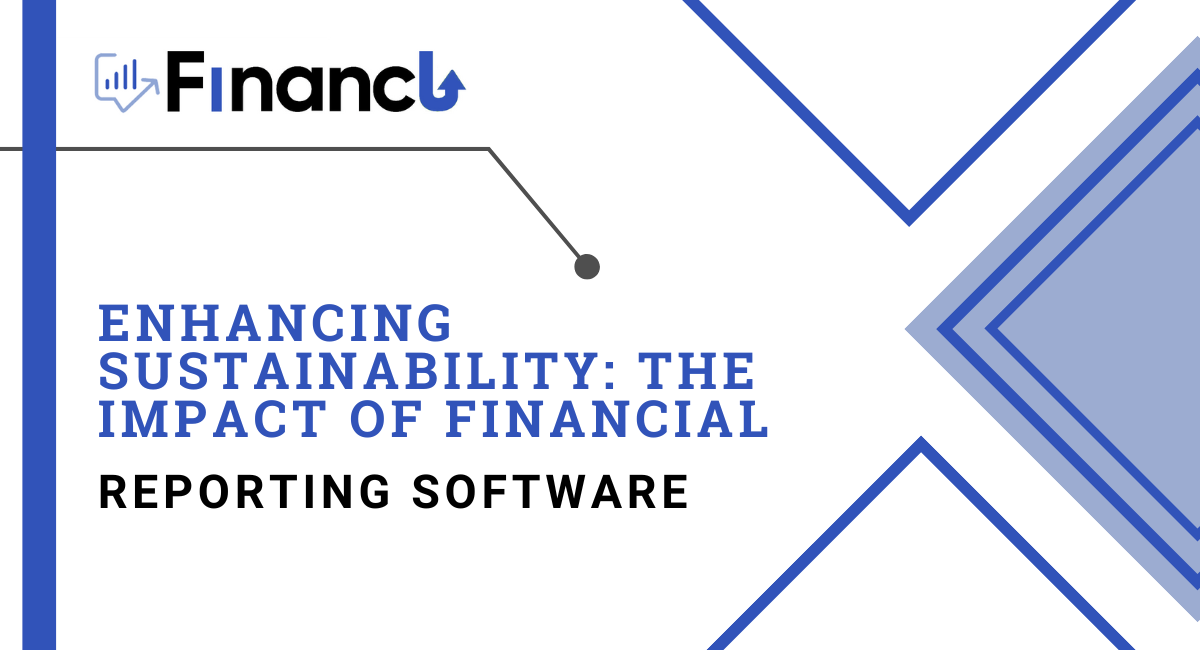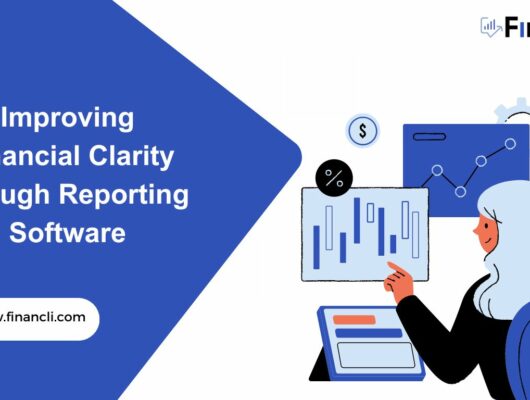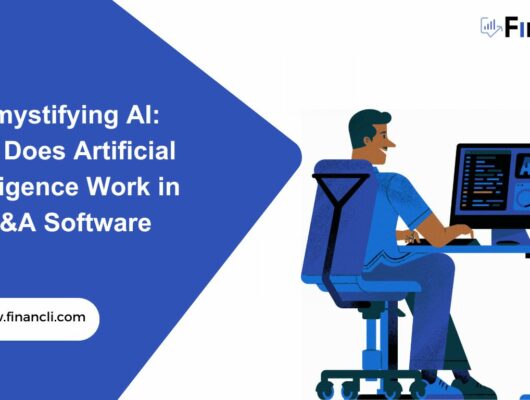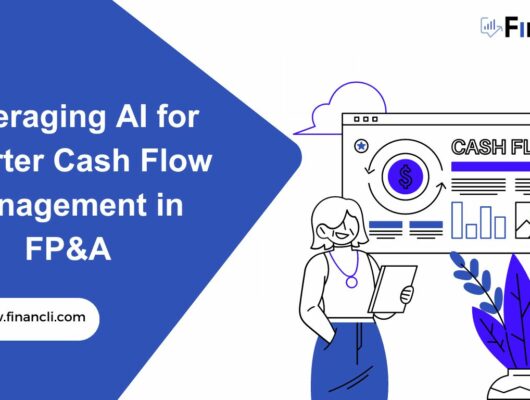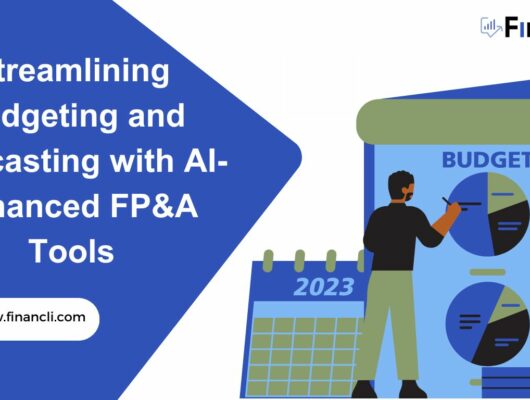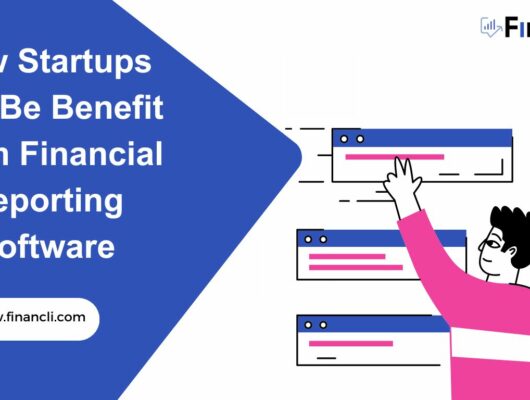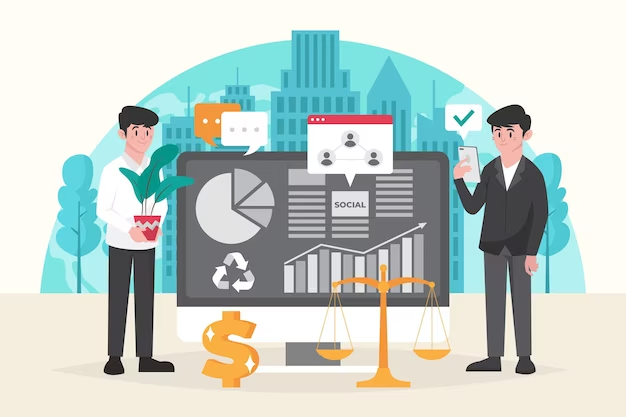
In today’s rapidly changing world, businesses are increasingly recognizing the importance of adopting sustainable practices.
Not only do these practices help protect the environment and society, but they also have a positive impact on financial performance and long-term business success.
As a business owner, you have a crucial role to play in driving sustainable business practices and contributing to a sustainable future. One tool that can assist you in this journey is financial reporting software.
In this article, we will explore the vital role of financial reporting software in supporting sustainable business practices and how it can help you gain a competitive edge.
Introduction to Financial Reporting Software
Financial reporting software is a powerful tool that helps businesses organize, analyze, and report their financial information.
It enables you to track and evaluate your company’s financial performance, make informed decisions, and meet regulatory requirements.
Financial reporting software has traditionally been used primarily for financial reporting and compliance purposes.
However, with the growing emphasis on sustainability, these software solutions are evolving to incorporate sustainability performance metrics, allowing businesses to measure and report their environmental and social impact alongside financial data.
1. The Link between Financial Performance and Sustainable Practices

Contrary to the outdated belief that sustainability and financial performance are mutually exclusive, numerous studies have shown a positive correlation between sustainable practices and financial success.
By integrating sustainable business practices into your day-to-day operations, you can drive cost savings, increase operational efficiency, and improve risk management.
Financial reporting software plays a pivotal role in helping you measure and monitor the impact of these practices on your financial bottom line.
2. Environmental Impact Tracking and Reporting
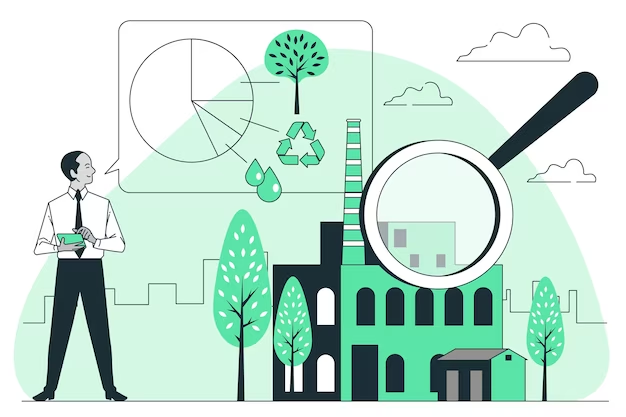
One of the key features of modern financial reporting software is its ability to track and report on environmental impact metrics.
Financial reporting software can collect and analyze data on greenhouse gas emissions, energy consumption, water usage, and other environmental indicators by integrating with other systems such as energy monitoring and waste management.
These insights allow you to identify areas for improvement, set targets, and track progress toward reducing your environmental footprint.
3. Social Impact Measurement and Reporting

In addition to environmental impact, financial reporting software can also help you measure and report on your social impact.
It enables you to track and analyze data related to employee well-being, diversity and inclusion, community engagement, and other social indicators.
By understanding and communicating your social performance, you can attract socially conscious investors, customers, and employees who align with your values and mission.
4. Aligning Business Strategies with Sustainable Objectives

Financial reporting software provides the tools to align your business strategies with your sustainable objectives.
Integrating sustainability metrics into your financial reporting processes allows you to set goals, track progress, and make data-driven decisions to drive positive change.
Whether investing in renewable energy, reducing waste, or improving supply chain transparency, financial reporting software gives you the insights to implement sustainable practices effectively.
5. The Acting Role of Financial Reporting Software in Capital Markets

As sustainability becomes increasingly important to investors and stakeholders, financial reporting software plays a crucial acting role in capital markets.
By providing accurate and transparent sustainability data, businesses can attract investment from environmentally and socially conscious investors.
In addition, financial reporting software enables you to generate sustainability reports that comply with globally recognized frameworks such as the Global Reporting Initiative (GRI) or the Sustainability Accounting Standards Board (SASB), giving you credibility and access to a broader pool of capital.
6. Navigating the Transition to a Sustainable Future

As the world faces the challenges of the climate crisis, businesses are responsible for taking climate action and leading in creating a sustainable future.
Financial reporting software can help you navigate this transition by providing the data and insights needed to make informed decisions.
For example, it can help you assess the financial implications of transitioning from fossil fuels, setting targets for net-zero emissions, and implementing renewable energy solutions.
By integrating sustainability metrics into your financial reporting software, you can track your sustainability initiatives’ progress and make necessary adjustments.
This allows you to stay on track to achieve your sustainability goals and contribute to a more sustainable future.
7. Gaining a Competitive Edge through Sustainability

In today’s business landscape, sustainability has become a key driver of competitive advantage.
Consumers are increasingly drawn to businesses that prioritize environmental and social responsibility and are willing to support companies that align with their values.
By leveraging financial reporting software to measure and communicate your sustainability performance, you can differentiate your business from competitors and attract a loyal customer base.
Additionally, sustainable practices can lead to cost savings, improved efficiency, and enhanced reputation, all of which contribute to long-term business success.
8. Overcoming Challenges and Improving Performance

Implementing sustainable business practices is challenging.
However, financial reporting software can help you overcome these obstacles and continuously improve your sustainability performance.
By providing accurate and real-time data, financial reporting software enables you to identify areas where you can make the most significant impact.
It allows you to monitor your sustainability initiatives’ effectiveness, identify improvement areas, and make data-driven decisions to optimize your performance.
9. Integration with Business Models and Operations
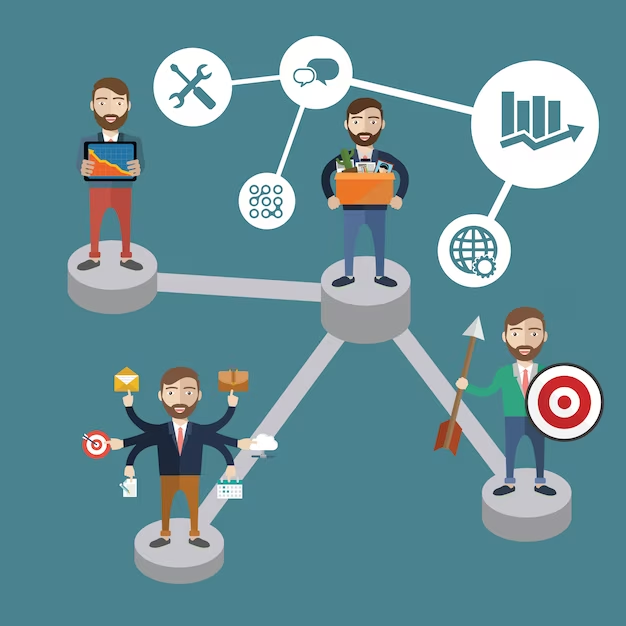
Financial reporting software is a versatile tool that can be seamlessly integrated with your existing business models and day-to-day operations.
Whether you operate in manufacturing, retail, services, or any other industry, financial reporting software can adapt to your specific needs and capture the data relevant to your sustainability efforts.
From supply chain management to energy consumption tracking, the software provides a comprehensive view of your sustainability performance across various aspects of your business.
10. Driving Employee Engagement and Accountability

Engaging employees in sustainable practices is vital for the success of your sustainability initiatives.
Financial reporting software can significantly drive employee engagement and accountability by providing visibility into sustainability goals and progress.
You can foster a sense of ownership and responsibility by sharing sustainability reports and key performance indicators with your employees.
This encourages employees to actively participate in sustainability efforts, propose innovative ideas, and contribute to the overall success of your sustainable business practices.
11. Compliance with Regulatory Requirements

In many jurisdictions, businesses are subject to regulatory requirements related to sustainability reporting.
Financial reporting software simplifies the process of compliance by automating data collection, analysis, and reporting.
Using the software, you can ensure that your sustainability reports meet regulatory standards and deadlines, saving time and resources.
12. Enhanced Data Management and Analysis

Financial reporting software offers robust data management capabilities, allowing businesses to collect, store, and analyze vast amounts of information related to their sustainability initiatives.
By integrating environmental, social, and governance (ESG) data into their financial reports, organizations gain valuable insights into their performance and progress toward sustainability goals.
A Global Reporting Initiative (GRI) study found that 74% of companies experienced improved data management and reporting efficiency after implementing such software.
13. Facilitating Compliance with Reporting Standards

Adhering to internationally recognized reporting standards is crucial for demonstrating a commitment to sustainable practices.
Financial reporting software enables businesses to align their disclosures with frameworks such as the Global Reporting Initiative (GRI), Sustainability Accounting Standards Board (SASB), and Task Force on Climate-related Financial Disclosures (TCFD).
A survey conducted by PwC revealed that 70% of companies using dedicated sustainability reporting software reported a better alignment with these standards, thereby enhancing transparency and comparability of sustainability information.
14. Strengthening Stakeholder Engagement

Transparent communication of sustainability performance is essential for building trust with stakeholders, including investors, customers, and employees.
Financial reporting software helps organizations present their sustainability data in a clear, accessible format, enabling stakeholders to assess their commitment to sustainable business practices.
A study published in the Journal of Accounting and Public Policy demonstrated that organizations adopting advanced reporting software experienced a 20% increase in stakeholder engagement and a 15% improvement in investor confidence.
Bottom Line
Financial reporting software plays a critical role in supporting sustainable business practices by facilitating efficient data management, ensuring compliance with reporting standards and strengthening stakeholder engagement.
By leveraging the capabilities of these software solutions, organizations can enhance their transparency, accountability, and credibility in the pursuit of sustainable development.
Embracing such technology is an essential step for businesses aiming to drive positive environmental and social change while securing long-term success.
Contact Financli today if you want easy-to-use FP&A software that aligns with your sustainability goals.
FAQs
1. How can financial reporting software help businesses measure their environmental impact?
Financial reporting software can integrate with energy monitoring and waste management systems to collect data on greenhouse gas emissions, energy consumption, and water usage.
This data allows businesses to measure and track their environmental impact, identify areas for improvement, and set targets for reducing their carbon footprint.
2. Can financial reporting software help businesses improve their social impact?
Financial reporting software can help businesses measure and report on social impact metrics such as employee well-being, diversity and inclusion, and community engagement.
By tracking and analyzing this data, businesses can identify opportunities to enhance their social performance and contribute positively to their communities.
3. How can financial reporting software support businesses in aligning their strategies with sustainable objectives?
Financial reporting software allows businesses to integrate sustainability metrics into their reporting processes.
This enables them to set goals, track progress, and make data-driven decisions to align their strategies with sustainable objectives.
The software provides insights into the financial implications of sustainability initiatives, helping businesses prioritize and allocate resources effectively.
4. Is financial reporting software only beneficial for large corporations?
No, financial reporting software is beneficial for businesses of all sizes.
It helps small and medium-sized enterprises (SMEs) streamline their financial reporting processes, track sustainability performance, and demonstrate their commitment to sustainable practices.
Implementing financial reporting software can be particularly advantageous for SMEs, enabling them to compete on a level playing field with larger corporations.
5. How does financial reporting software contribute to stakeholder trust?
Financial reporting software enhances transparency by providing accurate and standardized sustainability data.
By sharing this information with stakeholders, businesses demonstrate their commitment to accountability and build trust.
Stakeholders, including investors, customers, and employees, can access reliable data that showcases the business’s sustainability efforts, fostering trust and loyalty.
6. Can financial reporting software help businesses stay compliant with sustainability reporting regulations?
Absolutely. Financial reporting software simplifies compliance with sustainability reporting regulations by automating data collection, analysis, and reporting.
By using the software, businesses can ensure that their sustainability reports meet regulatory standards and deadlines, reducing the risk of non-compliance.
7. How does financial reporting software contribute to cost savings?
Financial reporting software helps identify cost-saving opportunities by analyzing financial and sustainability data.
It enables businesses to identify inefficiencies, optimize resource allocation, and implement sustainable practices that reduce costs.
Businesses can achieve long-term cost savings by improving operational efficiency and resource management.
8. How can financial reporting software helps businesses identify and manage sustainability risks?
Financial reporting software allows businesses to analyze sustainability data alongside financial data, enabling them to identify and manage potential sustainability risks.
By monitoring indicators such as energy usage, waste generation, and supply chain transparency, businesses can proactively address sustainability risks and implement strategies to mitigate them.
9. Can financial reporting software assists businesses in benchmarking their sustainability performance against industry standards?
Yes, financial reporting software can help businesses benchmark their sustainability performance against industry standards and peers.
By comparing key sustainability metrics, businesses can gain insights into their relative performance and identify areas for improvement.
This benchmarking process allows them to set targets and track progress toward sustainability goals.
10. How does financial reporting software contribute to long-term business resilience?
Financial reporting software provides businesses with the necessary tools to measure, monitor, and report on sustainability performance.
By integrating sustainability metrics into their reporting processes, businesses can adapt to changing environmental and social trends, improve resource efficiency, and proactively address sustainability challenges.
This enhanced resilience ensures businesses can navigate potential disruptions and thrive in a rapidly evolving business landscape.

